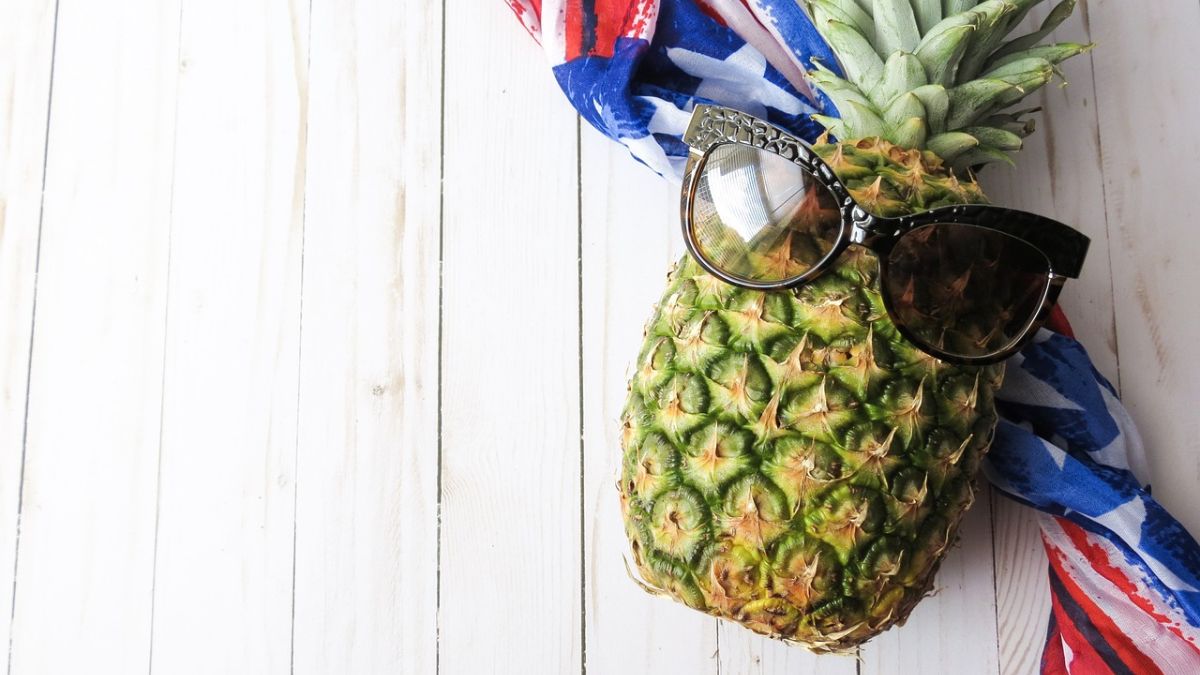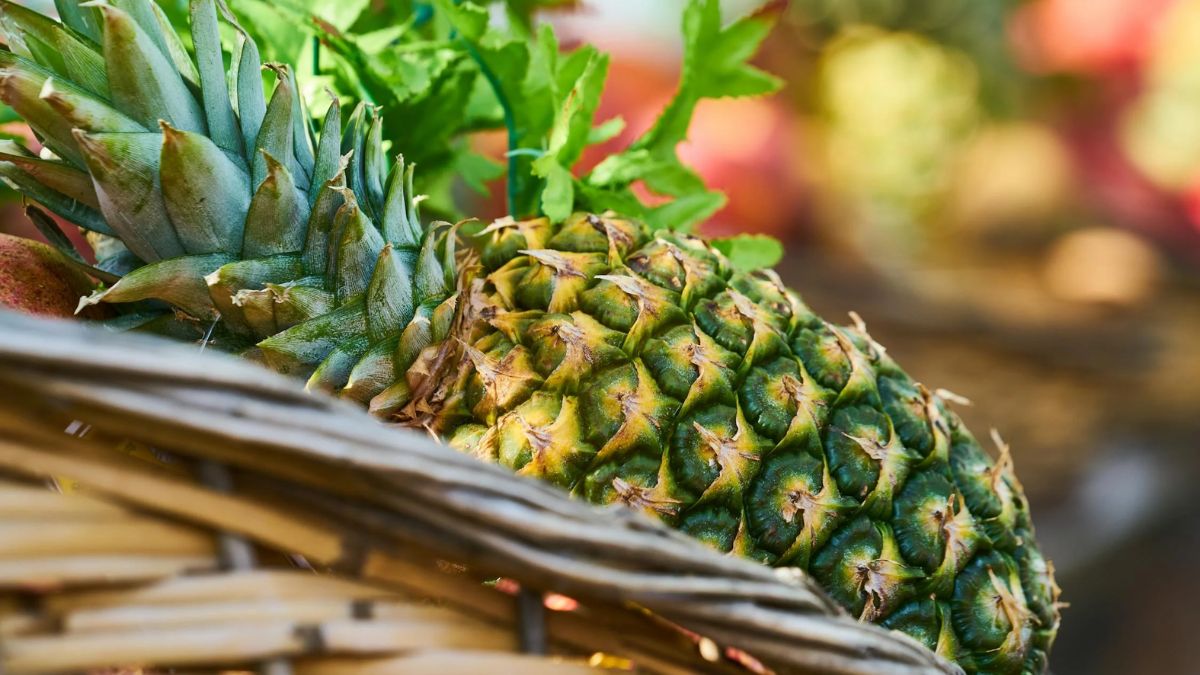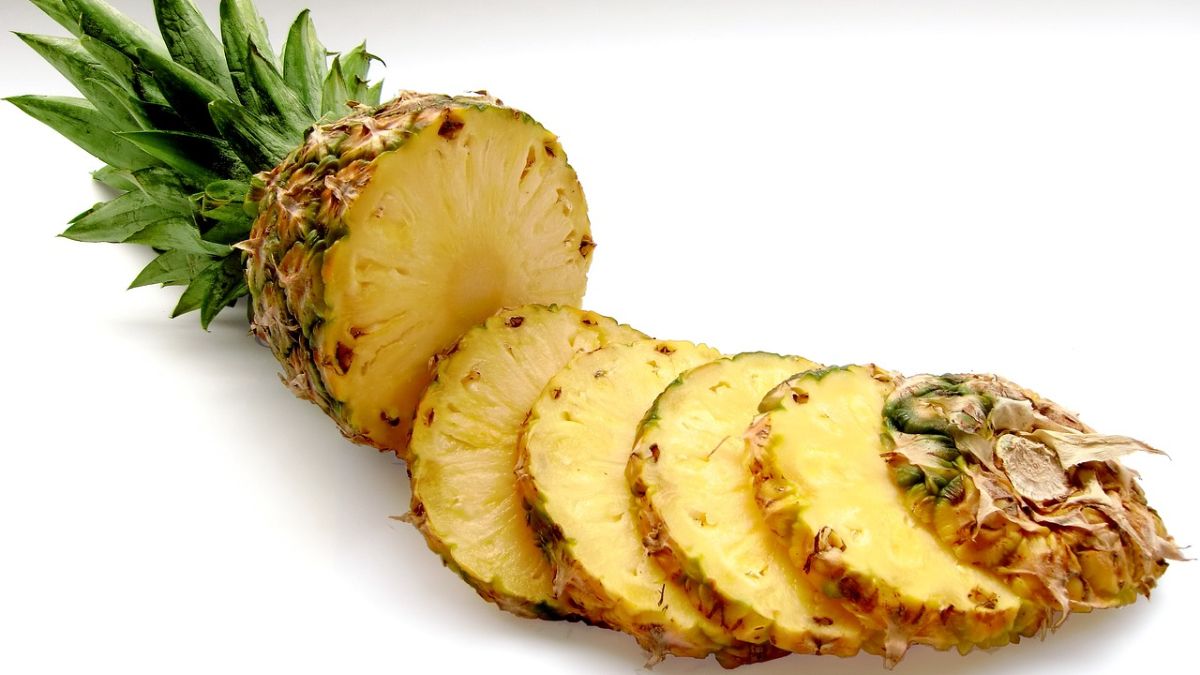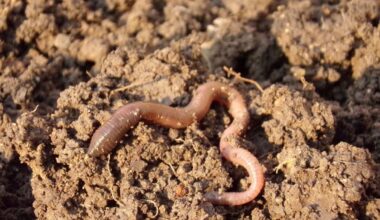The pineapple, with its sunshine-colored flesh and spiky crown, is a tropical fruit enjoyed worldwide. Beyond its refreshing taste and versatility in dishes, pineapples boast a surprising history, unique characteristics, and interesting cultural significance. Dive into this article to discover ten fascinating facts about this iconic fruit!
1: Not a Pine Nor an Apple: A Bromeliad Surprise
Despite its name, the pineapple is neither a pine nor an apple. It belongs to the Bromeliad family, closely related to air plants and bromeliads known for their vibrant flowers. Pineapples are unique fruits, consisting of multiple individual florets that fuse together during growth, creating the fleshy and delicious part we enjoy.
2: A Long Journey from South America to the World
The pineapple’s origins trace back to South America, where indigenous people cultivated it for centuries. Christopher Columbus encountered the fruit on his voyage to the Caribbean in 1493, and Europeans were captivated by its sweet and exotic flavor. Pineapples became a symbol of luxury and wealth in Europe due to the difficulty and expense of transporting them across vast oceans.

3: Hawaii’s Golden Gem, But Not the Only Source
Hawaii is often associated with pineapples, and for good reason. The volcanic islands provided ideal growing conditions, and pineapple production boomed in the early 20th century. However, today, Costa Rica reigns supreme as the world’s leading producer of pineapples, followed by the Philippines, Brazil, and India. Hawaii still contributes to global production, but its share has diminished.
4: A Plant with Regenerative Power
Unlike many fruit trees, pineapples don’t grow from seeds. Instead, they reproduce through a process called vegetative propagation. The leafy crown at the top of the pineapple, known as the “slip,” can be planted to grow a new pineapple plant. This remarkable ability to regenerate ensures the continuation of pineapple cultivation.
5: The Enzyme Advantage: Tenderizing Your Food
Pineapples contain bromelain, a group of enzymes known for their protein-digesting properties. This characteristic makes pineapples a natural meat tenderizer. Marinating meat with pineapple chunks or pineapple juice helps break down tough proteins, resulting in a juicier and more flavorful final product.

6: A Nutritional Powerhouse: Packed with Vitamins and Minerals
Pineapples are not just delicious; they offer a significant nutritional punch. They are an excellent source of vitamin C, essential for a healthy immune system and collagen production. Pineapples also contain manganese, a mineral crucial for bone health and metabolism. Additionally, they provide dietary fiber, vitamin B6, and potassium, contributing to overall health and well-being.
7: Beyond the Fruit: Unexpected Uses for Pineapples
Pineapples have surprising uses beyond the culinary realm. The tough, fibrous leaves can be used to create a natural fiber for weaving textiles. The bromelain enzymes found in pineapples can be used in various industrial applications, such as leather tanning and brewing. Even the pineapple core, which is often discarded, can be juiced or used to make vinegar.

8: Symbol of Hospitality and Good Fortune
In many cultures, pineapples hold symbolic significance. In some parts of Asia, pineapples are considered symbols of hospitality and good fortune. They are often displayed in homes or businesses to welcome guests and attract prosperity. Pineapples are also used in traditional ceremonies and celebrations to bring luck and success.
9: The Upside-Down Debate: Should You Core Your Pineapple?
There’s an ongoing debate in the culinary world about the best way to prepare pineapples. Traditionally, pineapples are cored, removing the tough central core. However, some argue that the core contains essential nutrients and can be eaten safely when chopped into small pieces. Ultimately, the decision to core or not comes down to personal preference and the intended use of the pineapple.

10: Sustainability Concerns: Balancing Production with Environmental Impact
The pineapple industry has faced criticism regarding its environmental impact. Large-scale pineapple cultivation can lead to deforestation, soil erosion, and water pollution. However, sustainable farming practices are emerging, focusing on organic methods, crop rotation, and water conservation. Consumers can support sustainable pineapple production by choosing fruits certified by organizations that prioritize environmental responsibility.
Conclusion
The pineapple is more than just a delicious tropical treat. Its unique characteristics, historical journey, and cultural significance make it a fascinating fruit. As consumers, understanding these facts allows us to appreciate pineapples on a deeper level and make informed choices when selecting and enjoying this versatile and surprising fruit.










